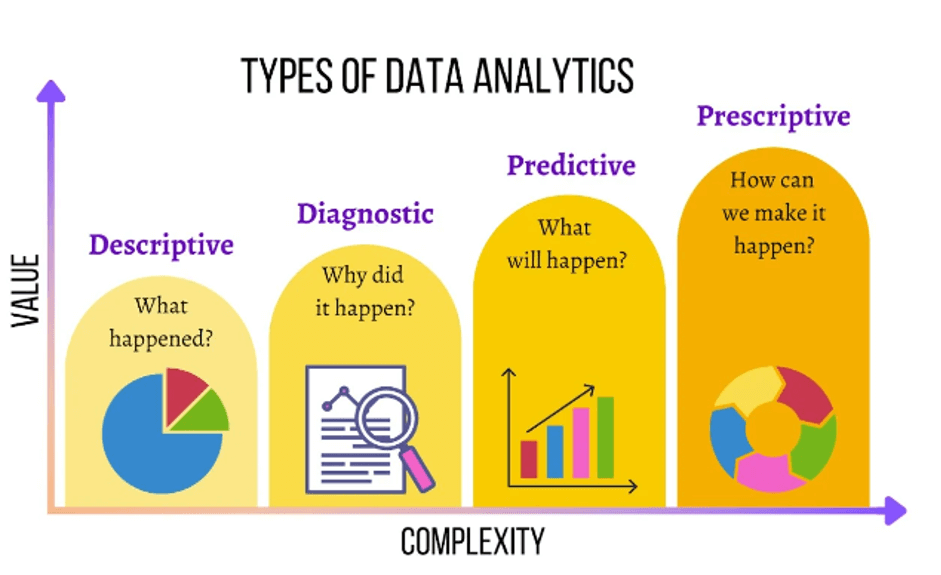Creating a positive company culture isn’t just a buzzword—it’s an essential element for the long-term success and growth of any business. A healthy culture helps foster employee satisfaction, boosts productivity, and attracts top talent. But how do you cultivate a culture that supports all of this? It requires intentional effort, commitment, and a clear vision.
At the heart of a positive company culture is a set of core values that reflect what your organization stands for. These values should act as a compass for how people interact with each other, make decisions, and approach their work. Defining your core values is an important first step, and once they are set, they should be communicated consistently throughout the organization. Whether it’s through your onboarding process, company-wide meetings, or simply displaying them in the workplace, make sure your core values are visible and well understood by everyone.
Leaders play an especially critical role in shaping company culture. The behavior of leadership influences everything from the tone of communication to the expectations for employee performance. Leaders should lead by example, demonstrating the same values they want to see in their teams. This builds trust and sets a standard for the kind of culture that exists within the organization. Transparency in decision-making, empathy, and approachability are key aspects of effective leadership that help create a supportive and positive environment for employees.
One of the pillars of a positive culture is open communication. A culture of transparency encourages employees to share ideas, express concerns, and ask questions without fear of judgment. Creating open channels for feedback, whether through surveys, one-on-one check-ins, or team meetings, ensures that employees feel heard and valued. It also provides an opportunity for managers and leaders to adjust course and address any issues before they become bigger problems.
Employee well-being is another crucial component of a thriving company culture. Happy employees are productive employees, and when organizations prioritize mental, emotional, and physical health, they reap the benefits. Offering flexible work schedules, supporting work-life balance, and providing access to wellness programs can go a long way in showing employees that you care about their overall happiness, not just their output. A healthy work environment encourages employees to bring their best selves to work, which has a positive ripple effect on the entire company.
Recognizing and celebrating employee achievements is also an important part of nurturing a positive culture. Whether it’s a small win or a significant milestone, acknowledging hard work and dedication fosters a sense of appreciation and motivates employees to continue performing at a high level. Recognition can take many forms, from a simple “thank you” during a team meeting to more formal programs that reward outstanding achievements. The key is to ensure that recognition is consistent and genuine.
A culture that encourages personal and professional growth is one that employees are more likely to remain committed to. Providing opportunities for learning, whether through mentorship, training programs, or access to new challenges, ensures that employees feel they have room to grow and evolve within the company. This investment in their development not only benefits the individual but strengthens the organization as a whole, fostering a more skilled, innovative, and engaged workforce.
Of course, fostering fun and camaraderie within the workplace is just as important as all of the other elements. While work can be demanding, taking time to celebrate, laugh, and bond outside of day-to-day tasks helps strengthen relationships among team members. Whether it’s through team-building activities, office events, or just casual moments of connection, fun is an integral part of creating a workplace where employees feel engaged and happy.
Lastly, a company culture should support a healthy work-life balance. Employees need time to recharge, spend with their families, and pursue personal interests. Encouraging people to take time off, respect personal boundaries, and avoid overburdening them with unrealistic expectations is vital for maintaining long-term productivity and employee satisfaction. A culture that respects the need for balance is one that fosters loyalty and reduces burnout, which ultimately benefits the business as a whole.
Building a positive company culture is a continuous journey. It requires ongoing effort, regular reflection, and a willingness to adapt. But when a company invests in its culture, the rewards are undeniable—higher employee engagement, increased retention, greater innovation, and a healthier work environment. A strong company culture not only attracts top talent, but it also cultivates an atmosphere where employees feel motivated, valued, and inspired to do their best work.
We are always looking for new people to join our team, check out a list of our current job openings!

















